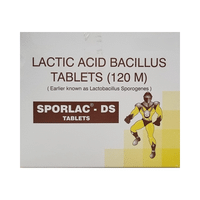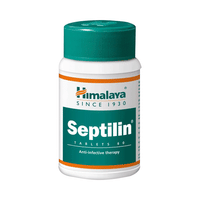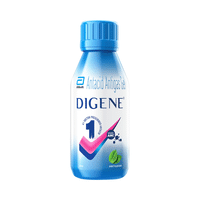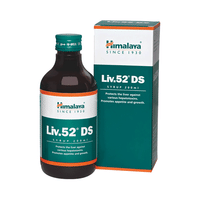Rs.39.50for 1 vial(s) (1 Injection each)
food interaction for Synacef Injection
alcohol interaction for Synacef Injection
pregnancy interaction for Synacef Injection
lactation interaction for Synacef Injection
food
alcohol
pregnancy
lactation
No interaction found/established
Consuming alcohol with Synacef 250mg Injection does not usually cause any harmful side effects.
SAFE
Synacef 250mg Injection is generally considered safe to use during pregnancy. Animal studies do not indicate harmful effects. However, there are limited human studies.
SAFE IF PRESCRIBED
Available human data suggest that the drug does not pass into breast milk in clinically significant amounts and is unlikely to harm the infant.
Avoid prolonged use of Synacef 250mg Injection, since it may have possible effects such as rash and diarrhea.
Avoid prolonged use of Synacef 250mg Injection, since it may have possible effects such as rash and diarrhea.
SAFE IF PRESCRIBED
SALT INFORMATION FOR Synacef 250mg Injection
Cefuroxime(250mg)
Synacef injection uses
{med_name} is used in the treatment of bacterial infections. It is used for the treatment of bacterial infections of urinary tract, skin and soft tissue, blood, and lungs (pneumonia). It is also used to prevent infections after surgery.
How synacef injection works
Synacef 250mg Injection is an antibiotic. It kills bacteria by preventing them from forming the bacterial protective covering (cell wall) which is needed for them to survive.
Common side effects of synacef injection
Rash, Vomiting, Allergic reaction, Increased liver enzymes, Nausea, Injection site reaction, Diarrhea
SUBSTITUTES FOR Synacef Injection
39 Substitutes
39 Substitutes
Sorted By
 Rs. 95.58pay 140% more per Injection
Rs. 95.58pay 140% more per Injection Rs. 127.50pay 219% more per Injection
Rs. 127.50pay 219% more per Injection Rs. 53.63pay 34% more per ml of Injection
Rs. 53.63pay 34% more per ml of Injection Rs. 35.71save 10% more per Injection
Rs. 35.71save 10% more per Injection Rs. 99.38pay 149% more per Injection
Rs. 99.38pay 149% more per Injection
Expert advice FOR Synacef Injection
- Your doctor has prescribed Cefuroxime to cure your infection and improve your symptoms.
- Do not skip any doses and finish the full course of treatment even if you feel better. Stopping it early may make the infection come back and harder to treat.
- Discontinue Cefuroxime and inform your doctor immediately if you get a rash, itchy skin, swelling of face and mouth, or have difficulty in breathing.
- Diarrhea may occur as a side effect but should stop when your course is complete. Inform your doctor if it does not stop or if you find blood in your stools.
- Your doctor has prescribed Cefuroxime to cure your infection and improve your symptoms.
- Do not skip any doses and finish the full course of treatment even if you feel better. Stopping it early may make the infection come back and harder to treat.
- Take it with food to avoid an upset stomach.
- Diarrhea may occur as a side effect but should stop when your course is complete. Inform your doctor if it does not stop or if you find blood in your stools.
- Avoid consuming alcohol while taking Cefuroxime as it may cause increased side effects.
- Discontinue Cefuroxime and inform your doctor immediately if you get a rash, itchy skin, swelling of face and mouth, or have difficulty in breathing.
Frequently asked questions FOR Synacef 250mg Injection
Cefuroxime
Q. Is Synacef 250mg Injection better than amoxicillin?
Synacef 250mg Injection is an antibiotic which is useful in treating bacterial infections. Amoxicillin is also an effective and cheap antibiotic which is used to treat many types of bacterial infections. The only difference among these medicines is the response of the medicine to the infection, as it varies from person to person. The effectiveness of two daily dose of Synacef 250mg Injection is same as three daily doses of amoxicillin.
Q. Can Synacef 250mg Injection be given in nursing mothers?
Synacef 250mg Injection should be used with caution in nursing mothers as it is excreted via milk and can get transferred to the baby while breastfeeding. Consult your doctor if you are breastfeeding before you start taking this medication for infections.
Q. Can Synacef 250mg Injection be used in kids?
Yes, Synacef 250mg Injection can be used in the children of age 3 months or more for treating the infections. The safety and effectiveness of this medication have not been established in children less than 3 months. Special care must be taken while giving antibiotics to the children. The dosage must be calculated appropriately according to the age and weight of the child. Do consult your treating physician for exact instructions.























